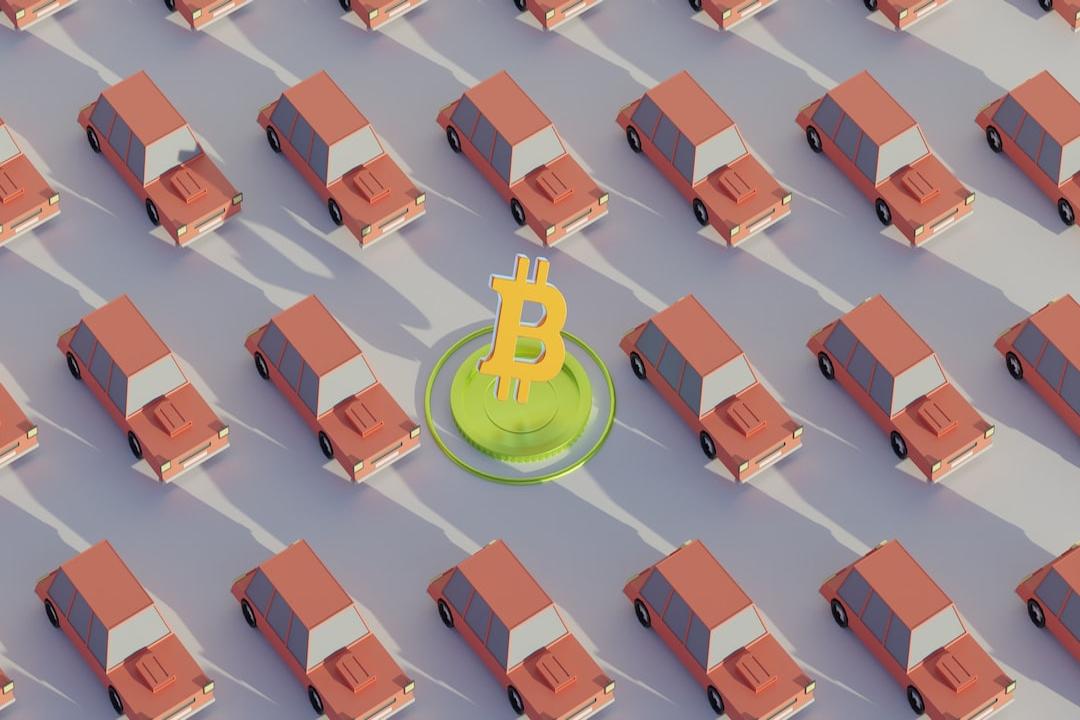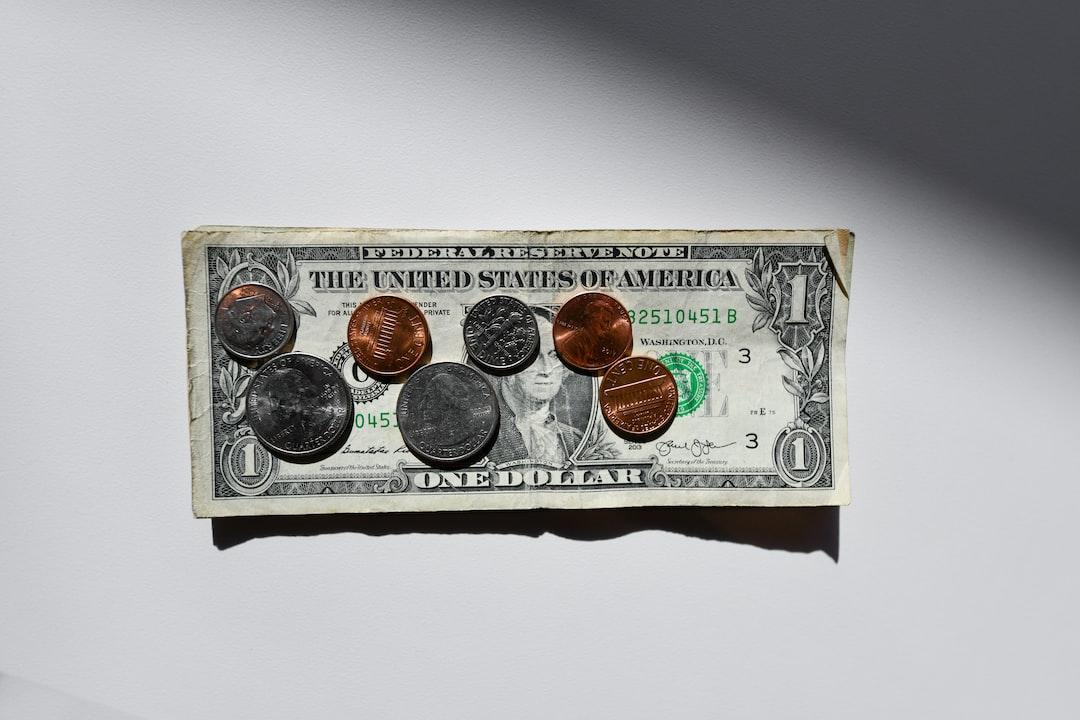Exploring the Prospects for Crypto Investors in Dubai Real Estate
In the current global landscape of sluggish economic growth and widespread political unrest, investing in Dubai real estate continues to stand out as a lucrative avenue for preserving and growing capital. This holds true for crypto investors as well. The surge of interest in cryptocurrency within the emirate is bolstered by the government’s initiatives, positioning Dubai as an appealing hub for crypto investors worldwide.
Image: 
The Intersection of Cryptocurrency and Dubai Real Estate
Cryptocurrency has been making significant inroads into the Dubai real estate sector in recent years. Several prominent real estate developers have been embracing cryptocurrency payments for some time now. Notable examples include Nakheel Properties, which, in partnership with the Hayvn platform, has been accepting Bitcoin and Ethereum for property transactions since 2022, with iconic projects like Palm Jebel Ali, Dubai Islands, and Palm Jumeirah under their portfolio.
Another major player, Damac Properties, also facilitates payments in Bitcoin and Ethereum. Throughout 2023, the company unveiled over 20 new projects, including Elo 2 Towers, the Altitude de Grisogono skyscraper, and Utopia—a high-end villa community.
Ellington Properties, known for its luxury properties with distinctive designs and high-end amenities, allows Bitcoin payments through the Bitcoin Suisse platform. Their recent projects such as Art Bay, One River Point, UH, and Mercer House embody sophistication and elegance.
In a strategic move, developer MAG teamed up with CoinMENA in late 2022 to accept stablecoin payments, including USDT and USDC, for projects like The Ritz-Carlton Residences, Keturah Reserve, and various upscale apartment buildings.
Nikolay Kuznetsov, Head of Investor Relations at Empire Heights, highlighted the increasing adoption of cryptocurrency among real estate developers and agencies in Dubai:
“We estimate that currently, less than 10% of real estate developers and agencies in Dubai actively engage in cryptocurrency transactions. Over the next 2-3 years, we anticipate this figure to rise to nearly 30%, signifying a significant shift towards cryptocurrency adoption in the market. This trend is inevitable given the escalating popularity of digital currencies and continued government support. Cryptocurrencies present a convenient avenue for transactions, and it is paramount for regulatory frameworks to evolve to ensure the utmost safety,” Kuznetsov shared.
Beyond direct cryptocurrency payments, intermediary firms offer solutions for purchasing real estate from developers not yet embracing digital currencies. These intermediaries facilitate the conversion of crypto into traditional funds for developers, ensuring seamless transactions for all parties involved.
In the realm of secondary market real estate transactions, the acceptance of cryptocurrency hinges on the property owner’s willingness. Intermediaries play a vital role in assisting participants with setting up cryptocurrency wallets and navigating digital payments, if needed.
Kuznetsov also shed light on impending legislation in Dubai aimed at enabling real estate agencies to establish escrow accounts for secondary market transactions, streamlining financial processes and mitigating risks for all stakeholders involved.
Government Endorsement and Infrastructure Initiatives
Dubai Blockchain Strategy
Dubai embarked on blockchain development in 2016, championed by Sheikh Mohammed bin Rashid Al Maktoum, leading to the adoption of the

